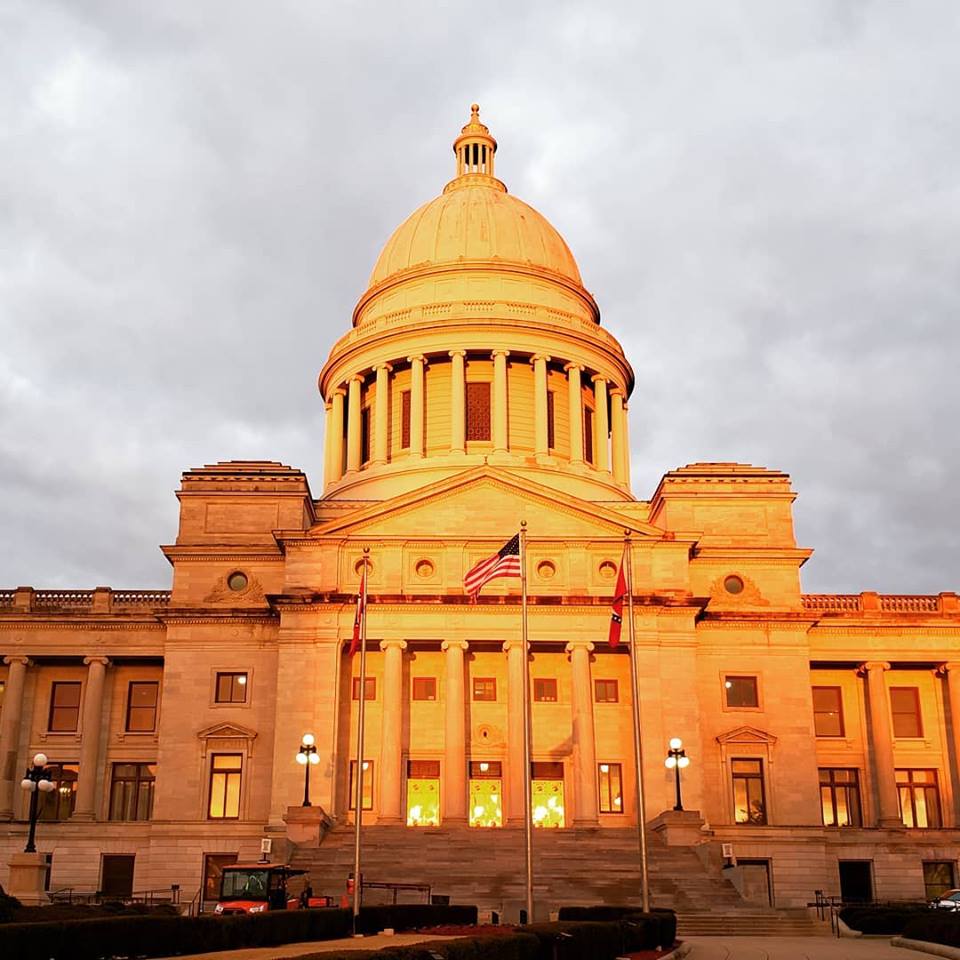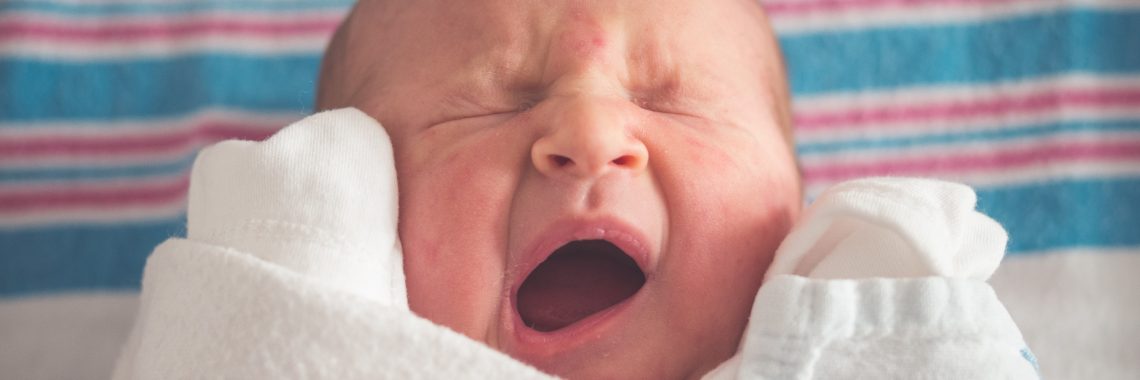Washington County Republican Committee Passes Resolution Against Hate Crimes Legislation

On Wednesday the Washington County Republican Committee passed a resolution calling on the Arkansas Legislature to reject any hate crimes legislation in Arkansas.
The resolution reads,
A Resolution Opposed to Hate Crime Legislation in Arkansas
WHEREAS, the Republican Party was founded in 1854 by a group of people who were united in their desire to abolish slavery; and,
WHEREAS, the Republican Party abolished slavery in 1865, passed the 14th Amendment to the United States constitution in 1866, passed the 19th Amendment in 1919 guaranteeing women the right to vote, granted Native Americans citizenship in 1924, and integrated the Little Rock School District and passed the Civil Rights Act in 1957; and,
WHEREAS, the Republican Party has been the only party fighting “hate crimes” throughout the history of our county; and,
WHEREAS, in addition to these achievements, the Republican Party has also fought for the adherence to impartial justice and equity, all of which is shared by the Washington County Republican Committee; and,
WHEREAS, our Nation currently is seeing partiality, intemperate behavior, and violence stemming from situations unwittingly or deliberately presented as unjust;
Whereas against such a background, legislation is to be considered by the Arkansas Legislature to enact a “hate crime” bill;
Whereas such a bill proposes to increase criminal penalties due to perceived intents of perpetrators, intents stemming from characteristics of victims which can be based upon what is increasingly being known as identity politics;
Whereas Arkansas and Federal laws already contain provisions for aggravating and mitigating circumstances based upon empirical evaluation of criminal activities;
Whereas those provisions include divisions between misdemeanors and felonies and recognition of varied degrees of offense;
Whereas prosecutors and the courts are permitted further discretions in application of such laws;
Whereas such divisions and discretions against the backdrop of dispassionate legislation allow for careful application of justice designed to be separate from emotions and transient thoughts;
Whereas hate crime legislation is largely symbolic and provides no deterrent to criminal activity;
Whereas provisions to minutely examine intents of criminal defendants can ultimately expand into the criminalization of beliefs, or so-called “thought crimes;”
Whereas such expansion can also have a chilling effect on legitimate First Amendment freedoms of speech, assembly, and religious practice and belief;
Whereas such expansion can also open the door to criminalization of other legitimate social behaviors considered by some to be politically incorrect, behaviors which in some cases are already being sanctioned by job and other income losses and by social harassment;
Now, therefore, given our concerns listed above, be it resolved by the Washington County Republican Committee that we request the Arkansas Legislature to affirm its adherence to dispassionate justice by rejecting any hate crime legislation for our State.
On Monday, Sen. Jim Hendren (R – Gravette) and Rep. Fred Love (D – Little Rock) filed S.B. 3 to enact hate crimes legislation in Arkansas.
Family Council has opposed hate crimes legislation like S.B. 3 for more than 25 years. You can read more about why we oppose it here.



